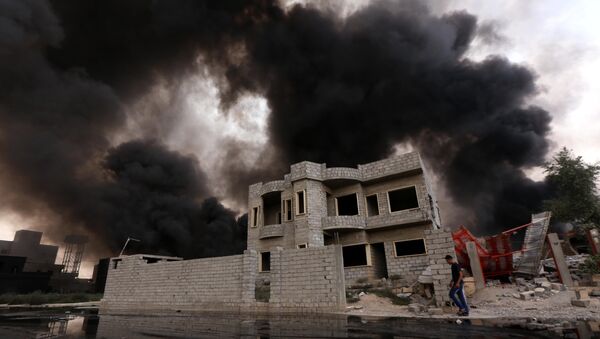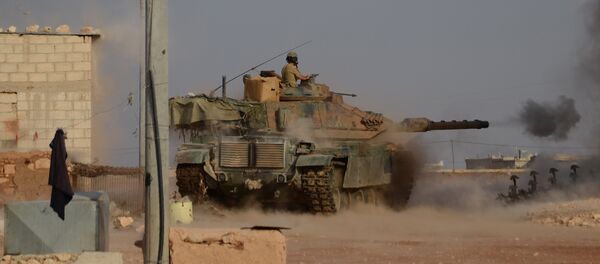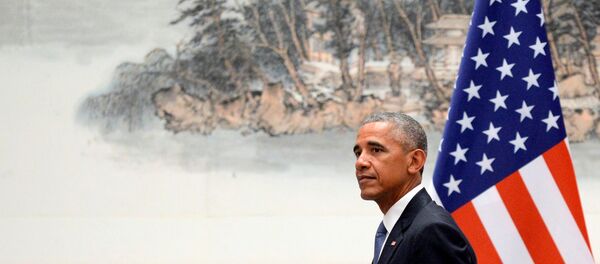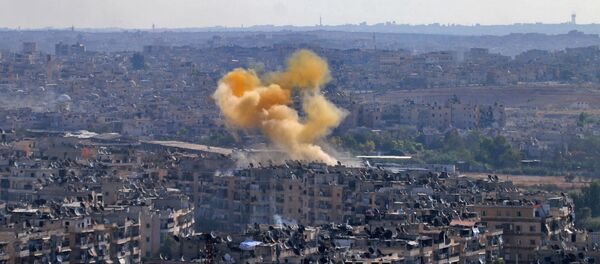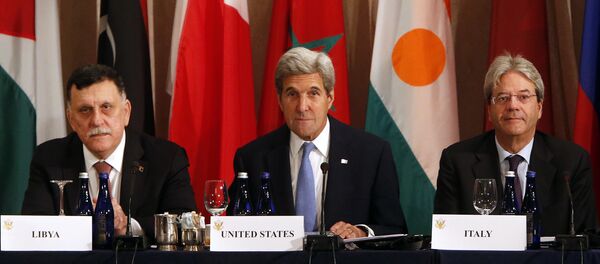The authors of "US Foreign Policy Towards the Middle East: The Realpolitik of Deceit" suggest that US foreign policy in the Middle East lacks pragmatism and has not been rooted in realism. In their opinion, this is the reason behind its failures and apparently the region's current misfortunes.
"Far from stabilizing the region, US foreign policy has created a structure in which the United States continues to act as an external force of intrusion," they wrote for the National Interest. "It has created and sustained an imbalance of power between Middle Eastern powers. … In 2016, every country in the Middle East, except for Tunisia and Oman is involved in some form of inter-state war."
In the last two decades, US forces have played a major role in military interventions in Afghanistan, Iraq and Libya. Having succeeded in overthrowing local governments, they have failed to come up with efficient policies for post-conflict reconstruction of countries "characterized by long standing internal ethnic and religious divisions, regional rivalries and domestic insurgencies," as the analysts put it. As a result, these nations have struggled to achieve at least some semblance of peace, let alone prosperity.
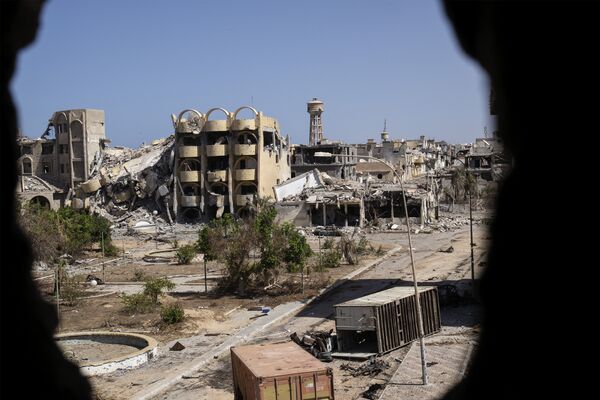
The oil kingdom's "malign influence across the Middle East is largely to blame for the violent schism between Sunni and Shia states and communities," the analysts said.
"Saudi support for Sunni sectarian mobilization in Iraq and later Syria was ultimately meant to rebalance the newly established regional order, which favored Iran and Iraq's Shia majority" in the wake of the US-led invasion of Iraq in 2003, they explained. "For Syrians and Iraqis this proxy conflict simply translated into total war."
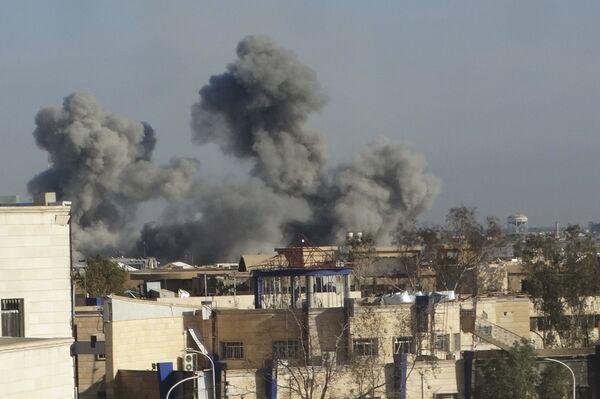
"What was informed by pragmatic realist thinking, however, was the Obama administration's policy towards Iran. Contrary to what many conservative critics call the 'worst deal ever signed,' it was, in fact, an exercise in power-based pragmatic diplomacy," they said.
The agreement, formally known as the Joint Comprehensive Plan of Action (JCPOA), was inked on July 14, 2015, and implemented six months later. The deal was signed between Iran and the P+ group of mediators, comprising China, France, Germany, Russia, United Kingdom and United States.

